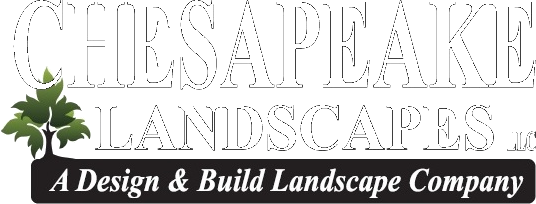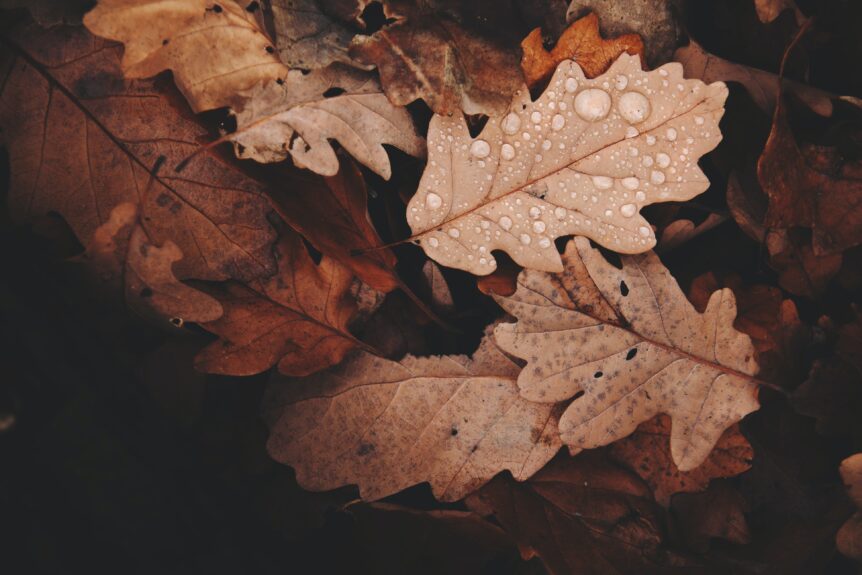You may have seen this question debated online or social media. On one hand, they have nutrient value as a source of rich, decomposing organic matter. On the other hand, they can build up too much and kill your grass. What’s the balance? And are there certain dead leaves that are more harmful than others?
The answer is, YES, certain species of dead leaves can potentially harm your lawn if not managed properly. The harm usually arises from factors like leaf thickness, acidity, or the presence of certain chemicals. Here are a few examples of species to be cautious of:
Black Walnut (Juglans nigra) Leaves:
Black walnut trees produce leaves that contain a chemical called juglone. Juglone can inhibit the growth of many plants, including some grasses. If you have black walnut trees and their leaves fall on your lawn, it’s a good idea to remove them promptly to prevent potential harm to your grass.
Oak (Quercus) Leaves:
Oak leaves can be quite thick and leathery. If they accumulate in large quantities without being mulched or shredded, they can create a dense mat that blocks sunlight and air from reaching the grass beneath, potentially weakening the grass.
Pine (Pinus) Needles:
While not leaves, pine needles are another concern. They are acidic and can lower the pH of the soil over time. Most lawn grasses prefer a slightly acidic to neutral pH, so an excessive accumulation of pine needles can make the soil too acidic for optimal grass growth. Raking or removing some of the needles can help if they are starting to extend into your yard.
To mitigate potential harm from specific species of leaves, consider the following:
Mulch or Shred: As mentioned earlier, using a lawn mower with a bagging attachment to mulch or shred leaves into smaller pieces can help speed up decomposition and reduce the risk of smothering the grass.
Rake or Remove Excess: If you notice a heavy accumulation of problematic leaves, it’s a good practice to rake or remove them to maintain a healthy lawn.
Composting: Leaves from certain trees, such as oak, can be composted separately to create leaf mold. Leaf mold is an excellent organic soil conditioner that can be used in garden beds or mixed with soil in areas where grass is not a concern.
Overall, the key is to manage leaf accumulation and avoid allowing them to form a thick, impenetrable layer on your lawn, regardless of the species. Properly managed, most dead leaves can provide valuable organic matter and nutrients to your soil as they decompose.
We offer Leaf Removal with Fall-Clean Ups Services
We can take care of your leaves for you as part of our fall clean-up offer! Chesapeake Landscapes uses teams of landscape technicians to deliver full service fall clean up, including weeding, pruning, mulching, trimming, leaf removal, fertilization – and even fall lawn care like aeration and seeding. Contact us today to schedule an appointment!
We’d be glad to consult with you on the possibilities for your property. Our team is experienced in fire pit design, construction, and installation. Serving Harford, Baltimore and Cecil Counties, we offer second-to-none hardscape services that elevate your property to the next level. Schedule an appointment here with on of our experienced designers to get started.

